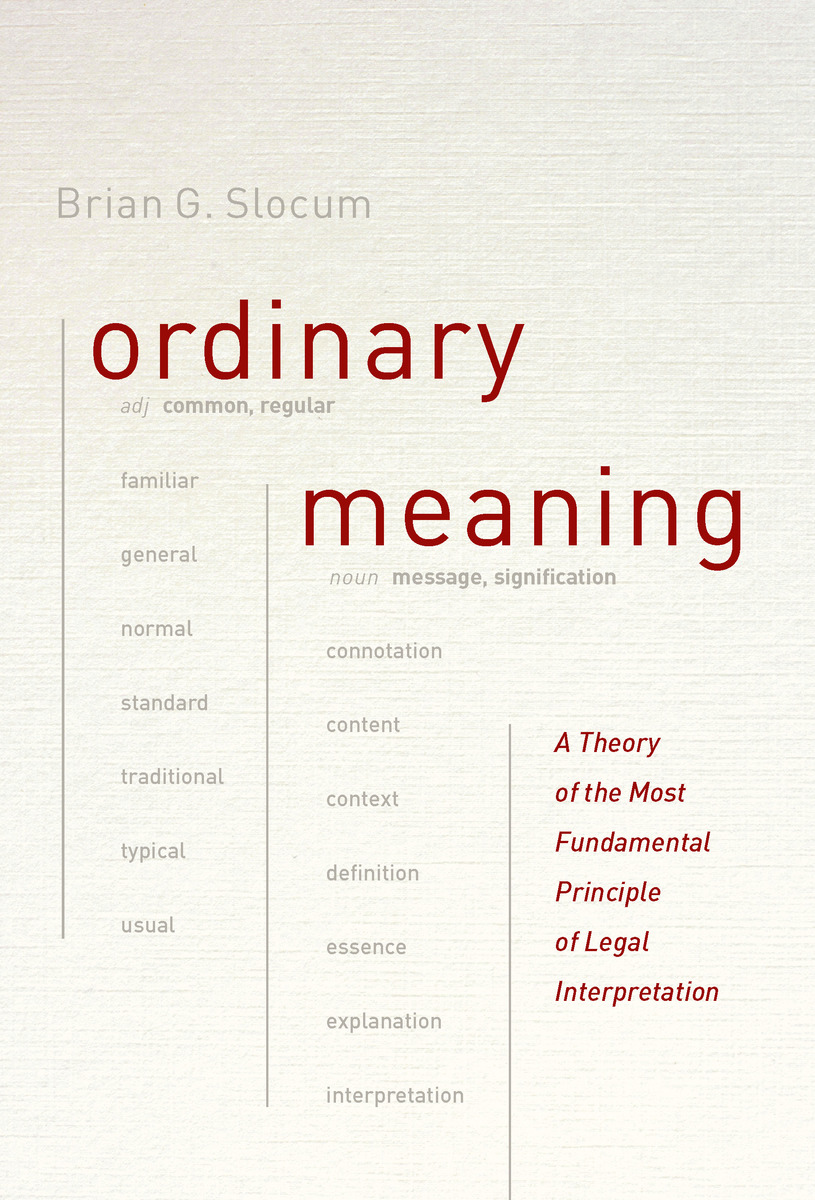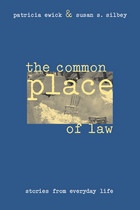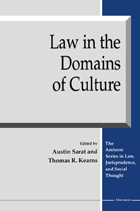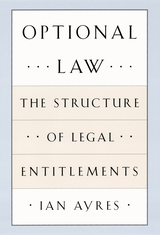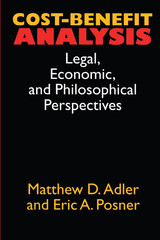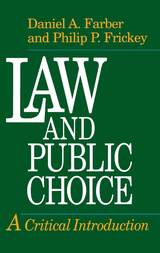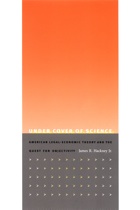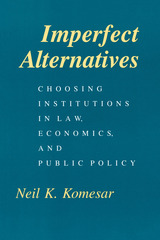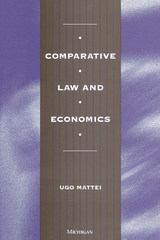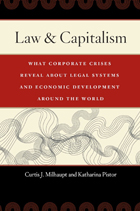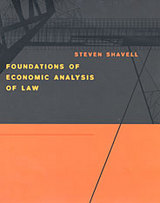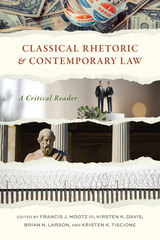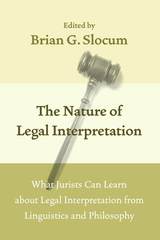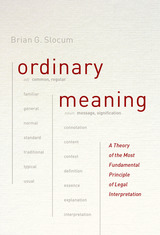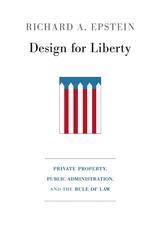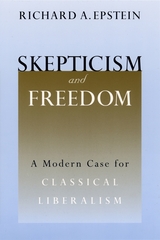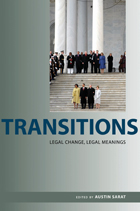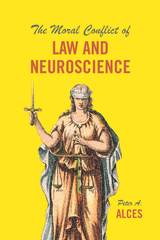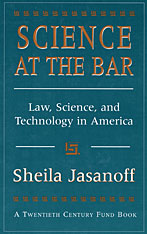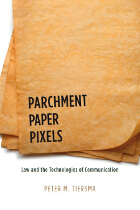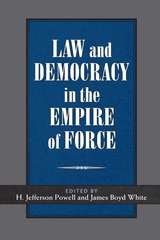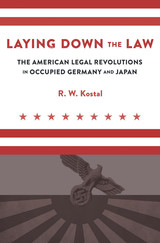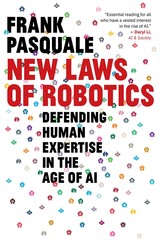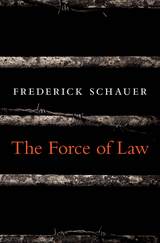Ordinary Meaning: A Theory of the Most Fundamental Principle of Legal Interpretation
University of Chicago Press, 2015
Cloth: 978-0-226-30485-4 | eISBN: 978-0-226-30499-1
Library of Congress Classification K487.L36S56 2015
Dewey Decimal Classification 340.14
Cloth: 978-0-226-30485-4 | eISBN: 978-0-226-30499-1
Library of Congress Classification K487.L36S56 2015
Dewey Decimal Classification 340.14
ABOUT THIS BOOK | AUTHOR BIOGRAPHY | REVIEWS | TOC | REQUEST ACCESSIBLE FILE
ABOUT THIS BOOK
Consider this court case: a defendant has traded a gun for drugs, and there is a criminal sentencing provision that stipulates an enhanced punishment if the defendant “uses” a firearm “during and in relation to a drug trafficking crime.” Buying the drugs was obviously a crime—but can it be said that the defendant actually “used” the gun during the crime? This sort of question is at the heart of legal interpretation.
Legal interpretation is built around one key question: by what standard should legal texts be interpreted? The traditional doctrine is that words should be given their “ordinary meaning”: words in legal texts should be interpreted in light of accepted standards of communication. Yet often, courts fail to properly consider context, refer to unsuitable dictionary definitions, or otherwise misconceive how the ordinary meaning of words should be determined. In this book, Brian Slocum builds his argument for a new method of interpretation by asking glaring, yet largely ignored, questions. What makes one particular meaning the “ordinary” one, and how exactly do courts conceptualize the elements of ordinary meaning? Ordinary Meaning provides a much-needed, revised framework, boldly instructing those involved with the law in how the components of ordinary meaning should properly be identified and developed in our modern legal system.
Legal interpretation is built around one key question: by what standard should legal texts be interpreted? The traditional doctrine is that words should be given their “ordinary meaning”: words in legal texts should be interpreted in light of accepted standards of communication. Yet often, courts fail to properly consider context, refer to unsuitable dictionary definitions, or otherwise misconceive how the ordinary meaning of words should be determined. In this book, Brian Slocum builds his argument for a new method of interpretation by asking glaring, yet largely ignored, questions. What makes one particular meaning the “ordinary” one, and how exactly do courts conceptualize the elements of ordinary meaning? Ordinary Meaning provides a much-needed, revised framework, boldly instructing those involved with the law in how the components of ordinary meaning should properly be identified and developed in our modern legal system.
See other books on: Communication in law | Interpretation and construction | Language | Slocum, Brian G. | Terminology
See other titles from University of Chicago Press
